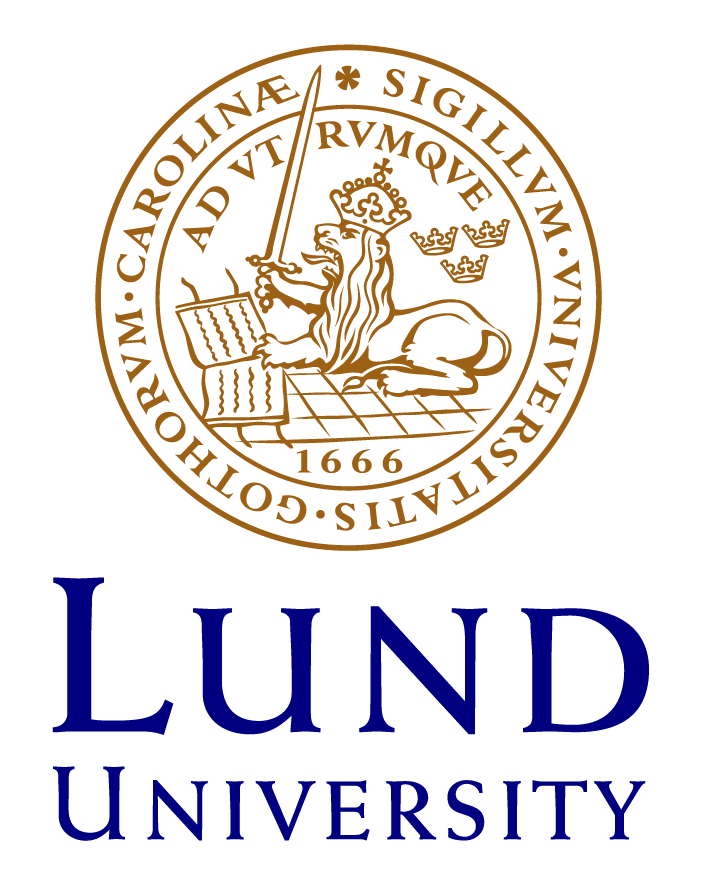No 2013/29 Old is Gold? The Effects of Employee Age on Innovation and the Moderating Effects of Employment Turnover
Keywords:
ageing, employee age, innovation, firm performance, R&D, human capitaAbstract
There is consistent evidence in the literature that average employee age is negatively related to firm-level innovativeness. This observation has been explained by older employees working with outdated technological knowledge and being characterized by reduced cognitive flexibility. We argue that firms can mitigate this effect through employee turnover. In particular turnover of R&D workers is deemed a vehicle for transfer of external knowledge to the firm, which can compensate for lower cognitive flexibility and up-to-date knowledge among older workers. We use a matched employer-employee dataset based on three consecutive CIS surveys for Sweden to test our predictions. Our results suggest a) that overall employee age impacts negatively on product innovation activities (both in terms of propensity and success), b) that the effect of em-ployee staying rate (measured by the share of employees that remain in the firm from one year to the next) on innovation follows an inverted U-shape implying an ‘optimal’ level of employment turnover, and c) that this ‘optimal’ value is lower for firms with older employees. The latter suggests that firms with older employees can at least partially compensate an aged workforce by increased employment turnover.


